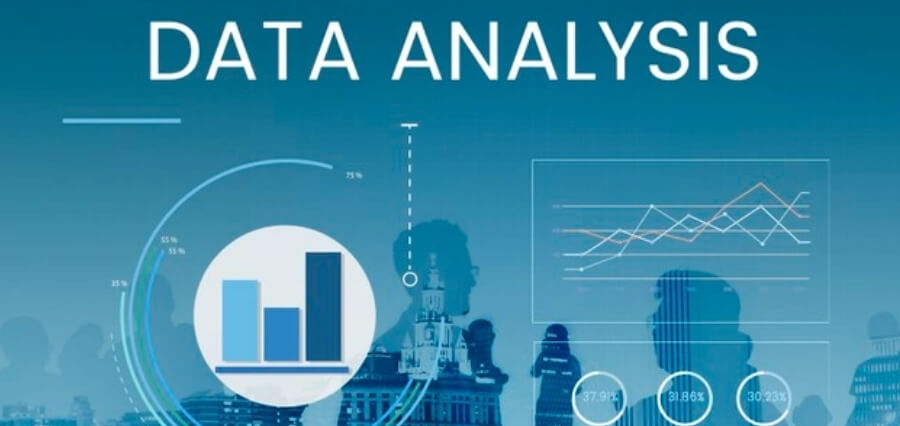If you’ve been living in western society for the last few years, you’ve probably noticed how our technology is rapidly advancing at a much faster pace than ever before. And this is largely due to the development of complex algorithms that power AI finding its way into our lives.
Perhaps one of the more critical aspects of living in a digitally driven society is the ability to produce, store, and safeguard our data. As more and more companies rely on data collection, correspondingly, they also have to rely on data analytics.
Those who work in data-related fields have to understand complex algorithms and processes. And these individuals must be able to translate data into usable information for an individual, company, or government to work with.
With today’s businesses within our economy relying largely on data to make decisions across multiple industries, it’s important to understand how this can affect a society. Here, we’ll break down the basics of data analytics and the gigantic benefits they can provide for businesses looking to hire them.
What Exactly is Data Analytics?
At the most basic level, data analytics refers to the process of analyzing raw data in order to show trends and answer questions related to a specific industry. But data analytics also covers a broad range of industries. As such, it also has many moving parts.
When regarding business, data analytics are largely used from a marketing standpoint. That is, data is collected and studied to uncover consumer habits, buyer and product trends, and a range of other elements that are all critical to effective marketing practices.
But it must also be understood that data analytics also helps the overall growth of a business as well.
When it comes to the government sector, data analytics can be used for a variety of purposes, especially concerning homeland security. And these analytics are even used for targeting political campaigns. Some websites help make free marketing analytics report templates to make good analytics reports.
How to Become a Data Analyst
Most professionals who find their way into data-related jobs begin by studying some form of computer science. Additionally, many professionals in the field of data analytics also attend an educational program like a data analytics Bootcamp just to get started, then acquire further education as their career progresses.
Data analysts have to be adept at mathematics, information architecture, computer applications and also need to have specialized knowledge in a specific field, i.e., if in a banking institution, a data analyst must have knowledge of the financial sector.
Depending on the industry, a data analyst may also need to have a certain level of security clearance. And this is especially critical if working with a government entity or a big tech company that needs to safeguard sensitive information. As such, a clean criminal record is also often a prerequisite for major data analyst positions.
The Importance of Data Analytics in Economics
We all live in a vast interconnected digital world. And more information is being added to the digital sphere each day. In fact, it’s estimated that more than 60 percent of the world’s population has accessed the cloud as of 2018, according to reports from the U.S. government’s Federal Cloud Computing Strategy.
Governments, big banking institutions, large-tech and industrial firms, and private individuals all have data somewhere online. As such, accessing this data and making sense out of it is how economic strategists develop forecasts for interest rates, inflation rates, and projected currency value.
Being able to store, safeguard and understand our data is becoming critical for our society to function. And this is why data analytics professionals are needed in today’s world more than ever before in history.
Our data might be invisible to us. But for those who work within this realm, this data is truly tangible. And these are the men and women who help to drive the economy forward and keep our data structured and safe.
Without access to your personal data in today’s world, it’s becoming much harder to function. And this is why understanding why data matters is fundamental to living in western culture today.


